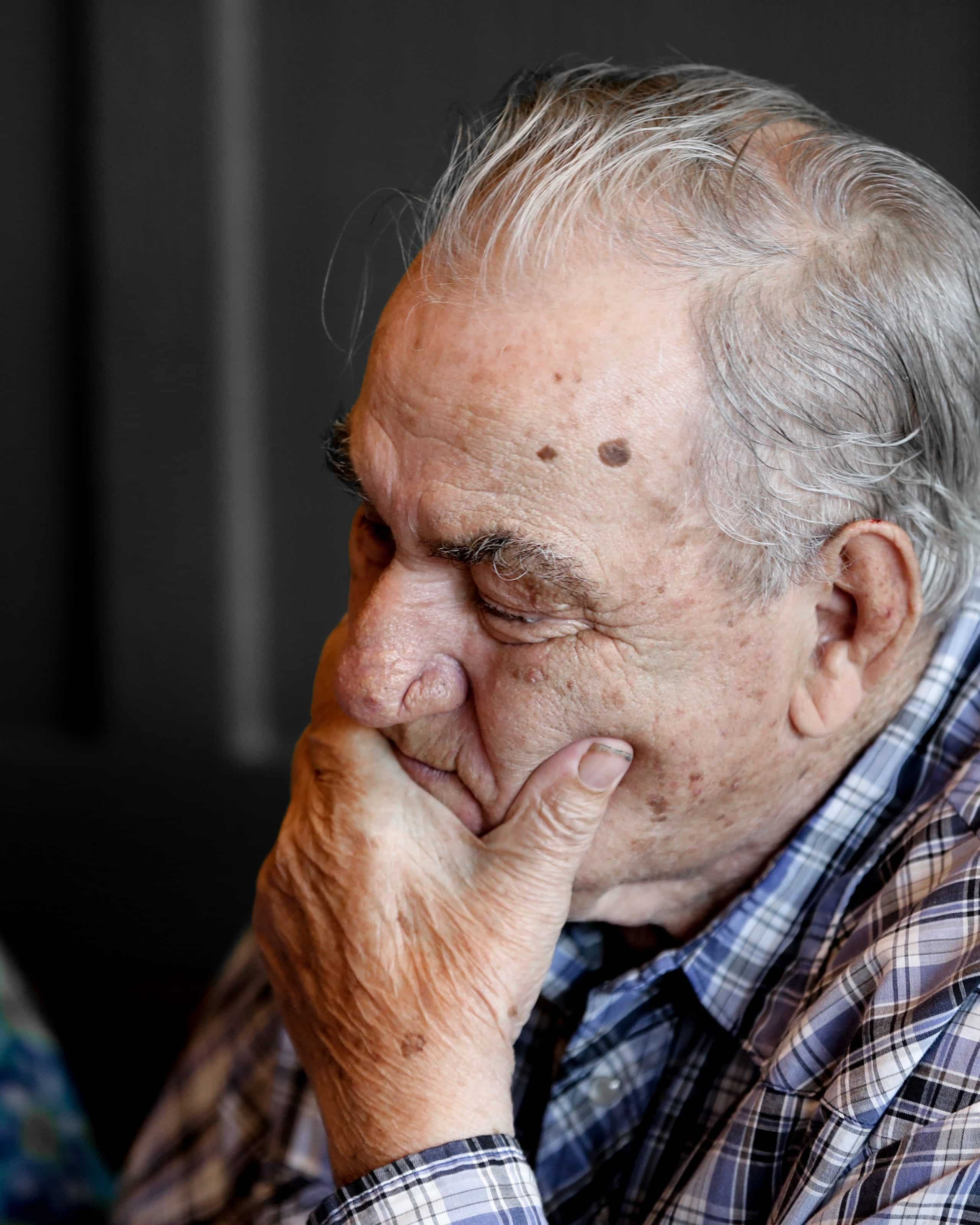
Nursing Home Abuse
James F. Humphreys & Associates, L.C. has represented persons injured or killed through the wrongful conduct of others for more than 40 years. Sad to say, many such cases now arise through the abuse or neglect of elder citizens living in nursing home facilities, one of our most vulnerable populations.
Although more research needs to be done, available data demonstrates that elder abuse is a serious problem. Consider the following statistics:
Statistics
- In 2014, there were approximately 1.4 million Americans[efn_note]NCEA (National Center on Elder Abuse), “Statistics and Data.” https://ncea.acl.gov/What-We-Do/Research/Statistics-and Data.aspx [/efn_note] living in about 15, 640 nursing homes.[efn_note]Statista, “Total Number of Nursing Homes in the United States From 2005 to 2014, By Ownership Type,” https://www.statista.com>Health & Pharmaceuticals>Care & Support [/efn_note]
- Most residents of nursing homes are elderly, with people 65 or older accounting for 6 out of 7 residents,[efn_note]NCEA (National Center on Elder Abuse), 2012 “Abuse of Residents of Long Term Care Facilities,” available at https://ncea.acl.gov/What-We-Do/Research/Research-Briefs.aspx [/efn_note] and people aged 85 or older accounting for almost half of all residents.[efn_note] HealthinAging.org, “Nursing Homes,” 2012 https://www.healthinaging.org/age-friendly-healthcare-you/care…/nursing-homes [/efn_note]
- Elderly residents often suffer from conditions such as dementia and physical disabilities that make them more vulnerable to physical and other forms of abuse. In 2016, 47.8% of nursing home residents had Alzheimer’s Disease or other dementias.[efn_note] CDC (Centers for Disease Control and Prevention), “FastStats–Alzheimer’s Disease,” https://www.cdc.gov/nchs/faststats/alzheimers.htm [/efn_note]
- Nursing home residents can be the victims of various forms of abuse, including physical abuse (infliction of pain or suffering), sexual abuse (sexual activity when the older person is unable to understand, unwilling to consent, coerced or forced), emotional abuse (including verbal assaults, threats, harassment or intimidation), confinement (including restraint or isolation, other than for legitimate medical reasons), neglect, willful deprivation of necessities or financial abuse (misuse or withholding of an elder citizen’s financial resources).[efn_note]NCOA (National Council on Aging), “Elder Abuse Facts,” https://www.ncoa.org./public-policy-action/elder-justice/elder-abuse-facts/[/efn_note]
- Victims of elder abuse are more than three times as likely to die prematurely than persons who have not been abused.[efn_note] Lachs, et al, “The Mortality of Elder Mistreatment,” JAMA, August, 1998—vol. 280, No. 5 , p. 428, htps://jamanetwork.com/journals/jama/articlepdf/187817/JOC71363.pdf [/efn_note]
- According to one study, as many as 24.3% of residents experienced at least one instance of physical abuse while in a nursing home.[efn_note] Schiamberg, et al, “Physical abuse of older adults in nursing homes: a random sample survey of adults with an elderly family member in a nursing home,” J Elderly Abuse Negl 2012; 24(1): 65-83[/efn_note] In another study, more than 50% of nursing home staff admitted mistreating older patients.[efn_note] NCEA, 2012 “Abuse of Residents of Long Term Care Facilities,” available at https://ncea.acl.gov/What-We-D0/Research/Research-Briefa.aspx[/efn_note] Sadly, elder abuse is probably underreported to a significant extent. Elder citizens may be afraid or embarrassed to report abuse, or unable to report abuse because of problems with understanding, remembering or communicating.
Warning Signs of Abuse
If you have a loved one in a nursing home, you should be aware of some of the warning signs of abuse and neglect:[efn_note] National Center on Elder Abuse, “Red Flags of Abuse”; https://ncea.acl.gov/NCEA/media/docs/Red-Flags-of-Elder-Abuse-English.pdf ; National Center on Elder Abuse, “Signs of Elder Abuse” [/efn_note]
- Bruises
- Pressure marks
- Broken bones
- Abrasions
- Burns
- Bedsores
- Poor hygiene
- Dehydration
- Unusual weight loss
- Unusual depression
- Fear or anxiety
- Sudden change in alertness
- Withdrawal from usual activities
- Torn, stained or bloody underclothes
- Lack of medications or living aids such as walkers or glasses
If you or a loved one has been seriously injured because of nursing home abuse, please contact us toll-free at 877-341-2595 or online for a free initial consultation.
Toll Free: +1 (877) 341-2595
Email: jhumphreys@jfhumphreys.com
